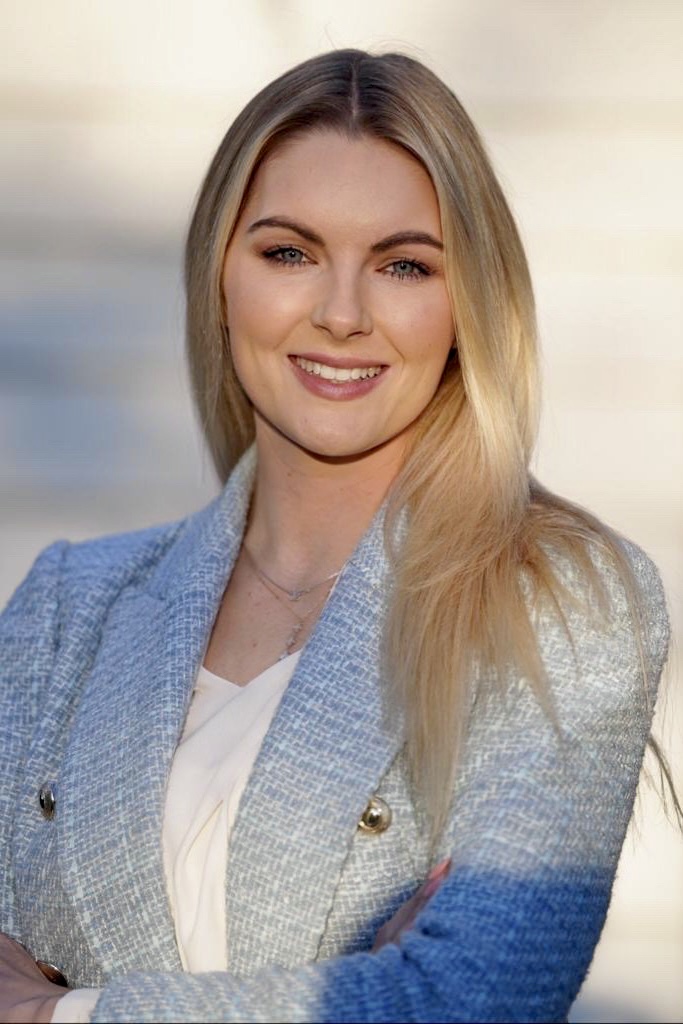On Monday, 15 April, the House of Lords convened for a second reading of the Litigation Funding Agreements (Enforceability) Bill, with peers debating the text of the draft legislation as well as the government’s plans for a wider review of litigation funding in England and Wales. LFJ has read through the full transcript of the Lords’ debate and has provided a thorough summary, highlighting key takeaways from the speeches made by each of the members.
Lord Stewart of Direlton, the Advocate-General for Scotland, opened the second reading of the bill by providing a summary of the Supreme Court’s PACCAR decision, its effects on litigation funding agreements (LFAs) and the purpose of the bill in restoring the enforceability of these agreements. Unsurprisingly, Lord Stewart referenced the use of third-party funding in the Post Office Horizon case and explained how “for many claimants, LFAs are not just an important pathway to justice; they could be their only route to redress against well-resourced corporations with deep pockets.”
Addressing the retrospective effect of the legislation, Lord Stewart explained that if the bill had been drafted without this condition, “there would be uncertainty as to the enforceability of agreements entered into before the PACCAR judgment but where the claim is concluded after the Act comes into force.” He added that this provision “will also ensure that the contractual rights and obligations agreed under LFAs entered into before the Supreme Court’s judgment continue to have effect as intended.”
Lord Stewart concluded his speech by reaffirming the government’s position to have the Civil Justice Council undertake a wider review of litigation funding in England and Wales, which look at a range of issues including “the need for greater safeguards for claimants, regulation of the sector and the possibility of caps on the returns made to funders.” He stated that an interim report is due to be completed this summer, with the final report to be published summer 2025.
Lord Mendelsohn was the first peer to comment on the bill, arguing that there were four points that should be considered in the debate around third-party funding. Firstly, he questioned whether fees and costs imposed by funders “are too onerous on the people most in need of being the beneficiaries of whatever compensation or arrangements come at the end.” Secondly, he argued that rather than primarily being a service used by those without the resources to pursue meritorious claims, arguing that it is mainly used by those who already have capital as “a good way of de-risking legal exposure in litigation.”
Lord Mendelsohn’s third point was that third-party funding has not widened access to justice in the way the government describes, arguing that lawmakers and the forthcoming review should “focus on making sure that we properly identify which elements extend access to justice.” Finally, he built on these previous points by saying that whilst litigation funding is “a massively growing, active economic market that will achieve many things”, the government should explore “other funding mechanisms” that will achieve the goal of opening access to justice.
In contrast, Lord Thomas of Cwmgiedd described the bill as “an enormous achievement”, and argued that third-party funding brought tremendous value to not only individuals who could not secure legal aid but also those small and medium-sized businesses who lack the capital to pursue claims. Looking at the potential for new regulations governing litigation funding, Lord Thomas argued that either self-regulation or “simply agreeing some principles and leaving the courts to police what is effectively in front of them” may be the ideal solution.
Lord Arbuthnot of Edrom, who declared his interest as a member of the Horizon Compensation Advisory Board, highlighted the crucial role that third-party funding had played in supporting the sub-postmasters litigation. Addressing the issue of the funder’s remuneration in that case, Lord Arbuthnot argued that the were not “unfairly recompensed”, arguing that they had taken on “the immense risk of taking on the country’s most trusted brand, the Post Office, which was backed by the bottomless purse of the taxpayer.”
Lord Carlile of Berriew said that he strongly supported both the bill and the principles behind it, but noted that he had “two lurking concerns.” The first concern raised was that “lawyers are regulated by statute but litigation funders are not”, arguing that the government should move to provide statutory regulation unless funders are themselves “willing to move voluntarily to a proper level of regulation.” His second concern was focused on whether the bill in any way violated the European Convention on Human Rights, stating that he had been the target of “very opportunistic lobbying” around this issue.
Lord Wolfson of Tredegar also expressed his support for the bill, explaining that the government must strike a difficult balance between ensuring access to justice whilst also avoiding situations where “litigants given a raw deal by one-sided funding agreements.” He did express one concern about the retrospective nature of the bill, arguing that it could harm litigants who had entered into new funding agreements following the PACCAR decision and that this legislation would revive the original funding agreement. Lord Wolfson acknowledged that whilst this was clearly “not the intention of the Bill”, he stated that he was “confident that a solution can be found to this perhaps niche, but none the less important, issue.”
In the most scathing statement of opposition to the bill, Baroness Jones of Moulsecoomb said that she was “deeply suspicious” of the drafted law, and argued that it appeared to be designed to primarily protect funders’ interests, “without any consideration of the impact that it will have on the claimants being funded.” She described the current bill as part of a wider story of governmental failure to address the need for proper legal aid and access to justice, arguing that it had been “privatised and turned into yet another arena for exploitation by hedge funds and financiers.” Baroness Jones closed her opposition to the bill by describing it as “extremely lazy”, arguing that the government had not “put any energy into thinking about a better solution.”
Lord Meston welcomed the bill as a solution to the negative effects of the PACCAR ruling, arguing that wider concerns about the litigation funding industry “surely must predate the Supreme Court decision and are unlikely to be cured or made worse by this Bill.” Considering the future opportunity for new rules governing third-party funding, Lord Meston argued that “If regulation is to remain with no more than a light touch, it is all the more important that sufficient safeguards exist and are understood to protect the consumer.”
Lord Sandhurst joined with other peers in congratulating the government on its swift actions to bring the new legislation forward, arguing that without a viable legal aid framework, third-party funding stands as “an important plank of our justice system.” Echoing points made in previous speeches, Lord Sandhurst acknowledged the “ensure that payments recovered by the funder are reasonable for the risks involved and the money laid out.” However, he similarly affirmed that those concerns “are not reasons for allowing the PACCAR decision to stand.”
Lord Trevethin and Oaksey, who declared his interest having previously advised funders, joined the broad consensus of the chamber in lamenting the state of legal aid and the resulting negative effects on access to justice. Agreeing with Lord Arbuthnot, he also raised the importance of funding in the plight of the sub-postmasters and concluded that “the consequences of the PACCAR decision are not benign, and the Government are right to act in the way that they have.” In a detour from the main focus of the debate, he also took the opportunity to address issues with the existing 2013 DBA Regulations and called on the government to provide further information on progress towards reforming these regulations.
Lord Marks of Henley-on-Thames offered a familiar analysis of the crucial role played by third-party funding in the case of the sub-postmasters, but once again expressed the necessity of balancing the risks that funders take without placing an unjust cost on claimants in terms of the final compensation they receive. He went on to state that whilst the bill rightly reverses the negative effects of PACCAR, it does not negate the need for a wider review of third-party funding or the need to address the systemic weaknesses in the current system which neither sets limits on funder’s recovery nor incentivises the reduction of legal costs.
Lord Marks went on to say that these issues along with the retrospective nature of the bill require careful consideration, and that “It would be wise to consider what amendments, if any, might improve this legislation.”
In the final contribution to the debate, Lord Ponsonby of Shulbrede joined in the support for the bill but focused most of his speech on the necessity of the wider review into litigation funding in England and Wales, beginning his remarks by noting that of the approximately 70 funders operating in the country, “only 16 are members of the self-regulating industry body, the Association of Litigation Funders.” He went on to say that whilst it was true the funder had taken a large amount of risk supporting the sub-postmasters case, it appeared that in comparison to the compensation that the victims received, “the funders arguably made an excessive profit .”
Returning to the floor to close the debate, Lord Stewart addressed questions raised by his fellow peers and noted their “concerns that access to justice on behalf of a less well-funded party or individual should not come at the expense of excessive profits for those responsible for funding.”
Following the second reading of the bill, it will now be “committed to a Committee of the Whole House.”
The full transcript of the debate can be read here.

















